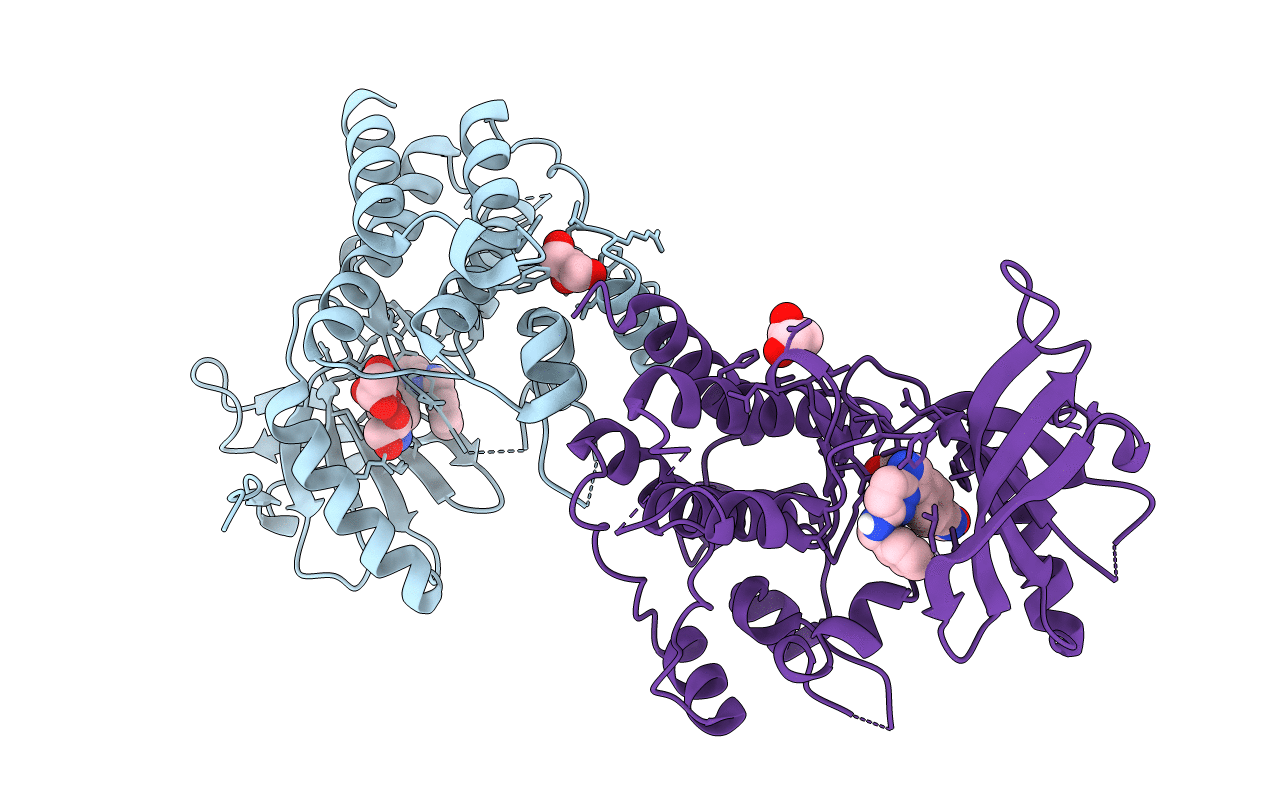
Deposition Date
2015-03-06
Release Date
2015-06-03
Last Version Date
2024-11-20
Entry Detail
PDB ID:
4YMJ
Keywords:
Title:
(R)-2-Phenylpyrrolidine Substitute Imidazopyridazines: a New Class of Potent and Selective Pan-TRK Inhibitors
Biological Source:
Source Organism(s):
Homo sapiens (Taxon ID: 9606)
Expression System(s):
Method Details:
Experimental Method:
Resolution:
2.00 Å
R-Value Free:
0.19
R-Value Work:
0.16
R-Value Observed:
0.16
Space Group:
P 32


